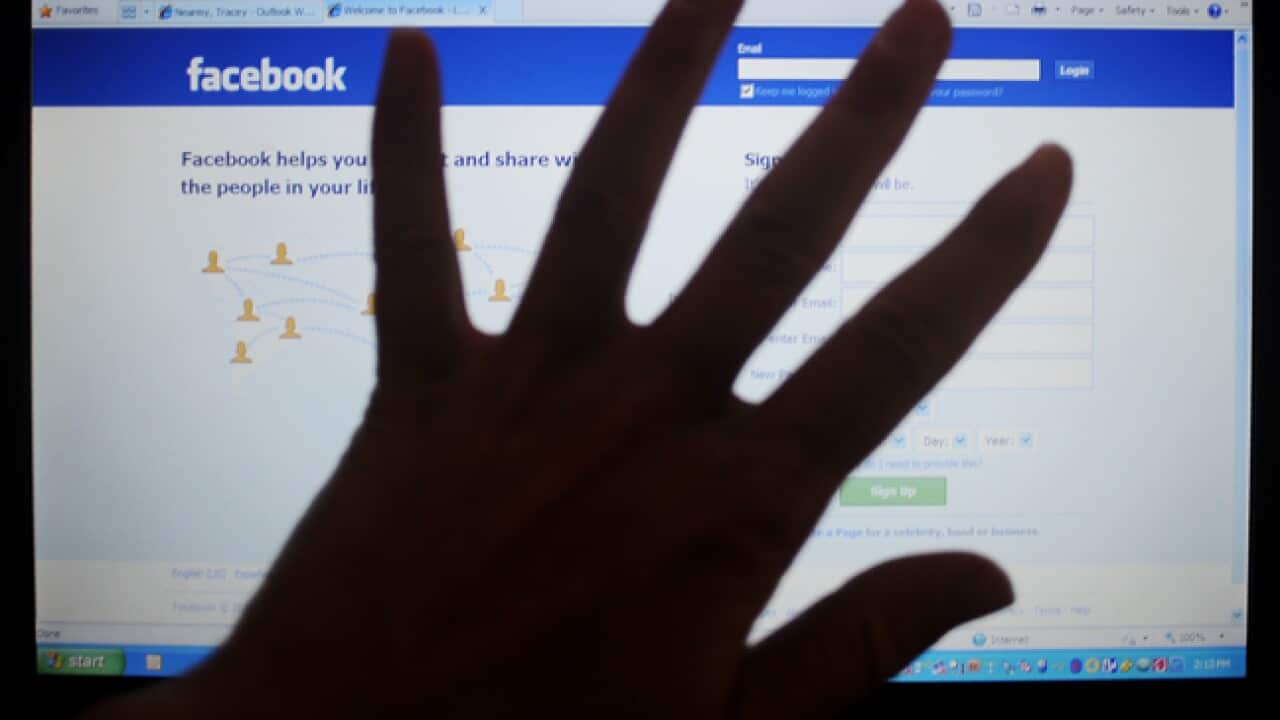The arrest of Fairfax technology journalist Ben Grubb has had critics and columnists slamming Queensland police for another day.
Yesterday, Grubb posted audio of the moment he was arrested after a story he wrote attracted the attention of police.
Grubb was refusing to hand over his iPad after attending a security conference on the Gold Coast, where he'd written a story on Facebook vulnerabilities which saw one security expert publish the photo of another security expert's wife, attaining it despite its 'private' status on the social network.
Fairfax published the photo which police say Grubb had attained.
'Someone breaks into a house and they steal a TV and they give that TV to you and you know that TV is stolen and you apply it to your own use' Brian Hay from the police fraud squad said, defending Grubb's arrest.
'The reality is the online environment is now an extension of our real community and if we go into that environment we have responsibilities to behave in a certain way', he said
'I think the cyber environment represents the greatest challenge to law enforcement in the history of policing.'
PR push
Grubb was eventually freed, but on Tuesday afternoon, Twitter users were cyring foul. The Queensland Police Media Unit, meanwhile, was attempting to hose the situation down amongst Grubb's thousands of followers.
'@bengrubb was not arrested. He was interviewed briefly by police,' the unit wrote on Twitter.
This, of course, turned out to be incorrect, so the unit changed its tune.
Our bad @bengrubb was arrested for questioning briefly Our tweet last night was based on information provided at the time Apologies (sic),' it wrote.
After criticism, the unit then went even further to explain its actions to its tech-savvy followers.
But despite this PR push, there was still plenty of anger around on Thursday.
Overstepping powers?
'Journalist's arrest likened to Bjelke-Petersen days', ABC News online reported, in reference to the former Premier.
Terry O'Gorman from the Queensland Council of Civil Liberties told the network that the Queensland police overstepped their powers.
'To arrest Mr Grubb because he was at a conference in relation to a story that he had written that day that he spoke about at the conference is heavy handed, overkill and the sort of just ham-fisted policing that we saw in Queensland in the 70s and 80s,' Mr O'Gorman told the ABC.
'The police get Grubby' announced the Business Spectator.
'The Queensland Police Service's heavy handed approach towards a journalist trying to do his job should ring alarm bells for the media sector, journalists, and anyone interested in how the law applies to the internet', Charis Palmer wrote. The Sydney Morning Herald continued its campaign, quoting a lecturer in internet law as saying the arrest 'defies sensible explanation.'
Peter Black, senior lecturer at the Queensland University of Technology told the paper that the laws covering such activity were extremely broad, and it was this thread that tech journalists and media specialists were mulling worldwide
Tech publication IT world said there was 'stunning' levels of illogic at work in a blog entitled 'Is 'stealing' private Facebook photos just like stealing TVs?'
The story made headlines as far away as the Guardian and the esteemd Atlantic, which said it may be the sign of things to come.
'Grubb's brush with police warns journalists everywhere that they stand to slip on the blurry line between aggressive research and data theft', the publication reported in its 'Atlantic Wire' section.
For its part, police officer Brian Hay said at a press conference on Thursday morning that the police were in fact 'still cutting our teeth' in the online environment.
Although it's a level of honesty to be welcomed, that might be the understatement of the whole affair.

